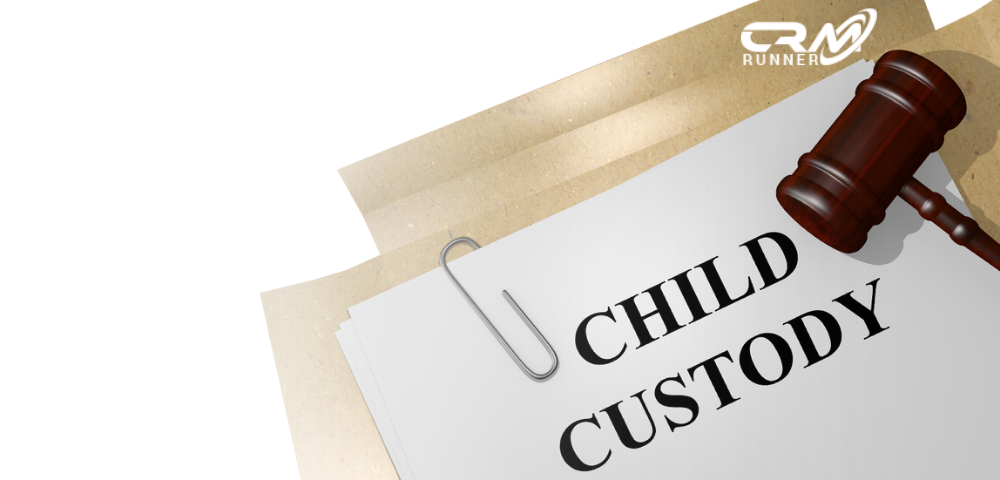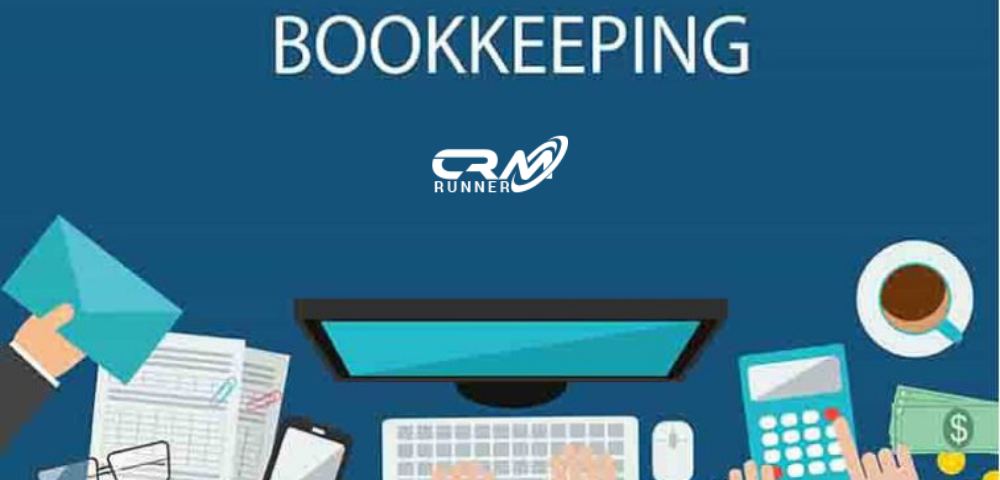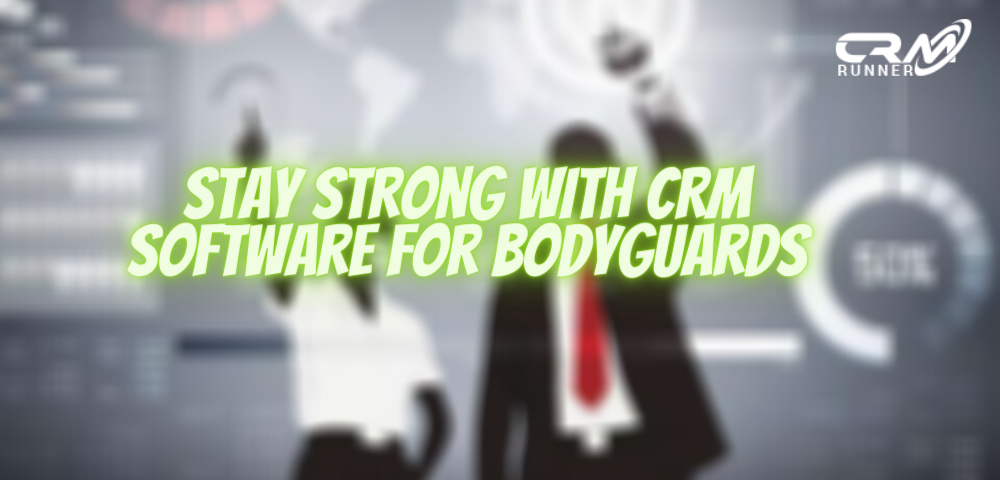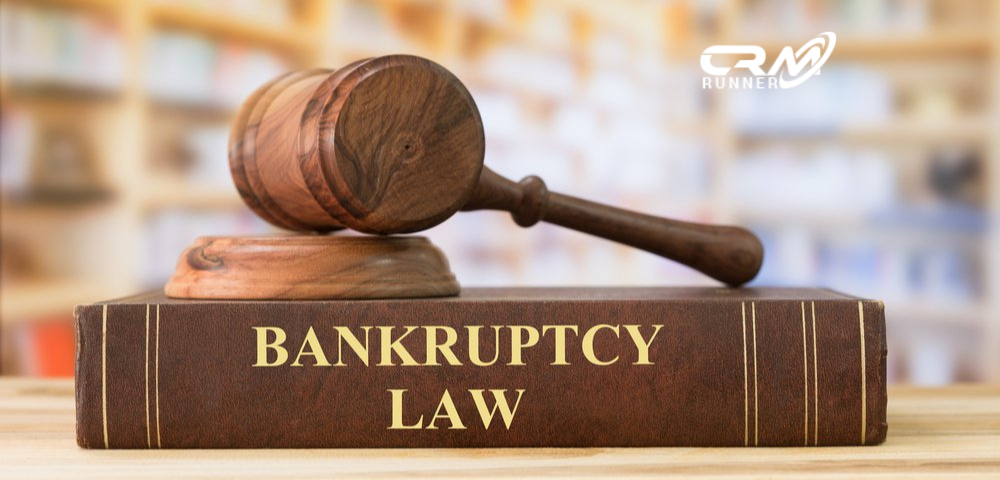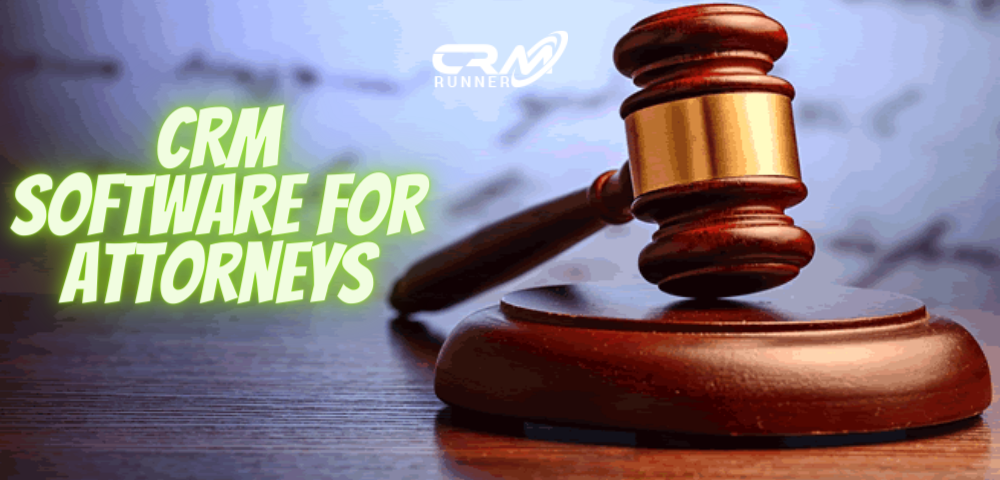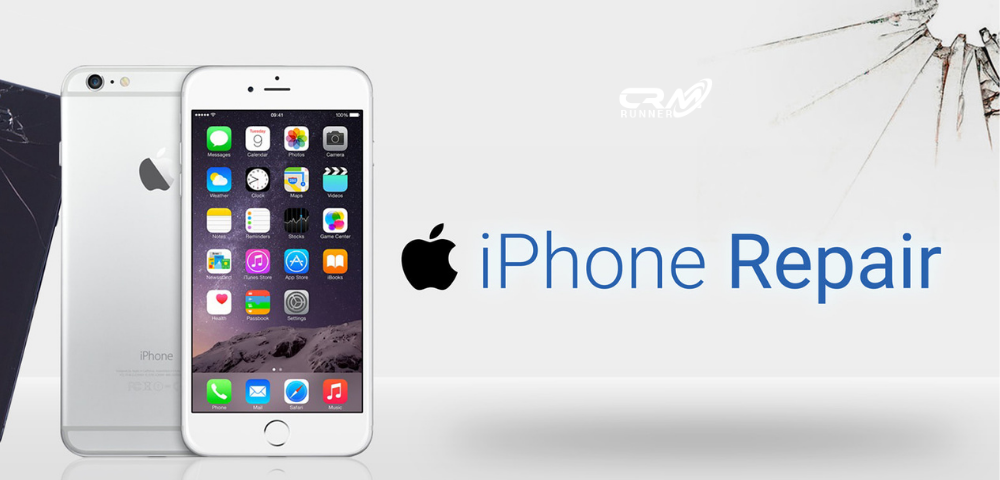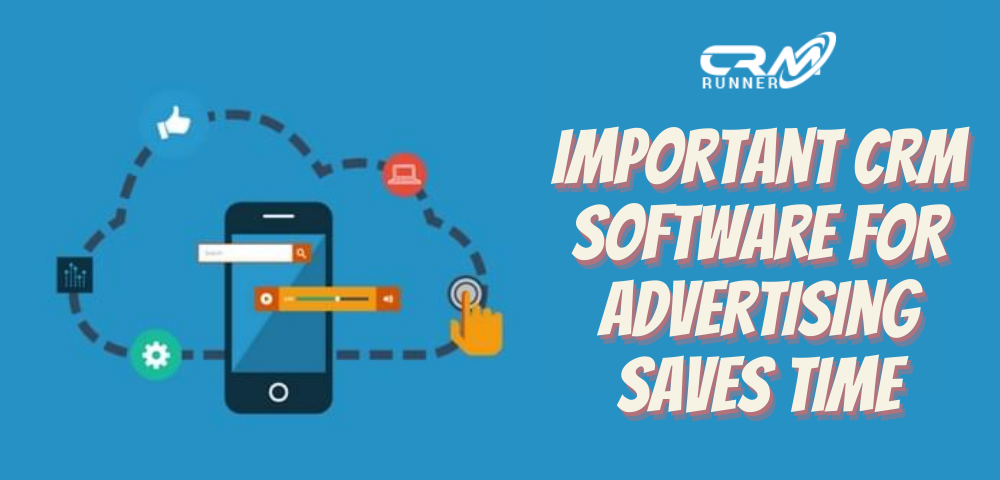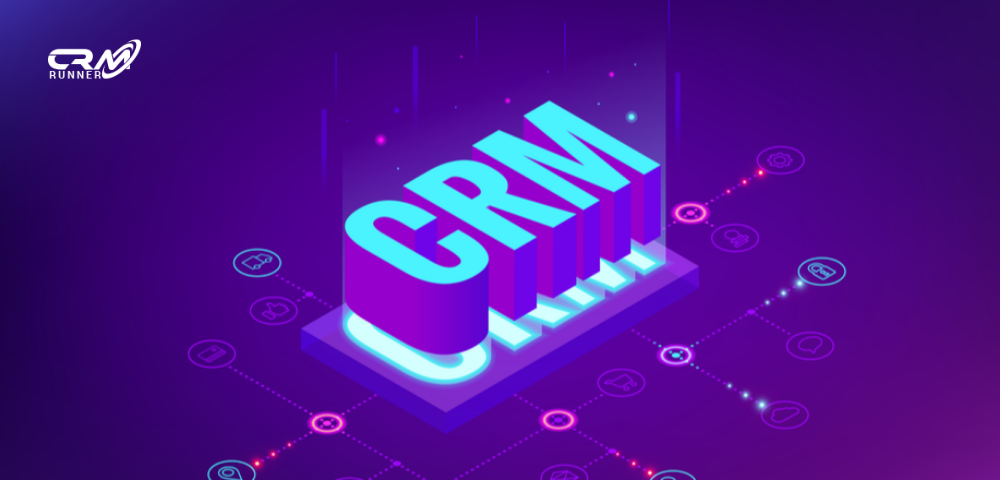People are sometimes mistreated in financial transactions, and when this happens, they should file a civil suit with a lawyer who uses CRM Software for Civil Suit Lawyers.
CRM Software can Help Organize Your Civil Suit Law Firm
For today’s lawyers, one tool is making waves: CRM Software for Civil Suit Lawyers.
Civil Suit lawyers deal with many cases that involve a wide range of major or minor financial transactions. For example, civil suit lawyers may handle real estate or lease issues, or they might handle common business transactions gone wrong.
Civil suits, in other words, are problems that arise, not related to crime per se, that should be addressed by a court of law. For example, if a person breaks into a house, that is a criminal case. If a person says they will replace your windows, bills you, and does a terrible job, that is a civil suit. Both deal with dishonest crooks, but only one case can be handled by the police department.
If you are an attorney that dabbles or specializes in civil suits, then you need to use CRM Software to stay organized.
CRM Software for Civil Suit Attorneys Brings in New Clients
A new client is waiting for you on the other side, but how do you connect with them? As a lawyer, you know that every day (unfortunately), people are being taken advantage of, ripped off, and robbed. For example, they might be forced to deal with landlord who won’t pay for a new heater in the dead of winter. There are challenges when the tenant has refused to pay rent for months at a time. Either way, a civil suit is coming, and you want to be the lawyer that is called.
Landing page tools and sales funnel modules can help make this happen. When the litigant types in “civil suit lawyer” into a search engine, you want to be sure they will find your name. When they click on your website, your landing page should prompt a request for contact information so that your firm can follow up in an appropriate timeframe. Your potential client may have questions or want to request an estimate.
The sales funnel tool can help you convert leads to clients.
You can schedule the appointments and consultations in the calendar tool. You can save documents and notices to the client’s name so that nothing gets lost.
If you are into sending electronic agreements for e-signature, CRM Software does that, too.
CRM Software for Civil Suit Attorneys for on-the-go Action
CRM Software for Civil Suit Lawyers isn’t something that has to stay in the office. Mobile versions of the platforms help the software go where you do. As a lawyer that always has a case on the docket, this could be important. You could even accept payment outside of the court house!
Conclusion
When the lawyer does a great job, the people are empowered.
To learn more, or try the software for yourself, contact CRM RUNNER.


 Français
Français Русский
Русский العربية
العربية Hebrew
Hebrew Deutsch
Deutsch Português
Português Turkish
Turkish Persian
Persian Italiano
Italiano Español
Español


